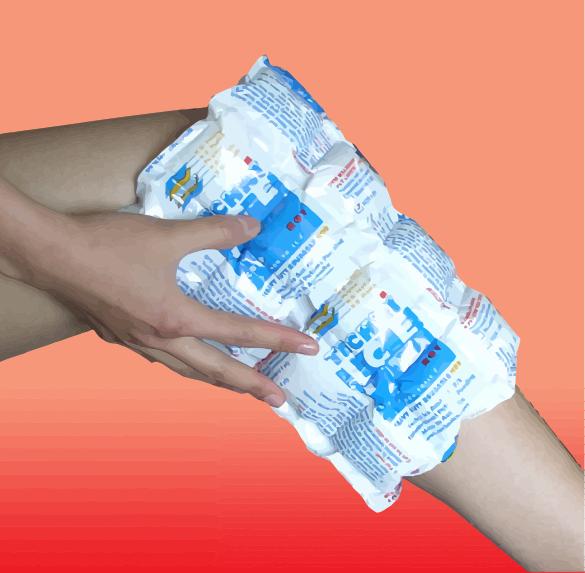5 Exercise Mistakes That Can Ruin Your Workout
Table of Contents

There is very little doubt that exercise is one of the best things you can do for your health. It helps with many things including: improving circulation; strengthening your heart, lungs, muscles and bones; and making you feel better emotionally. However, there are some traps that you can easily fall into that can significantly diminish the value of the exercise.
Always Doing the Same Exercise
While the activity you are doing may be very good for you, there are some issues that arise when you only do one thing over and over again. First off, the risk of injury is much higher because of overuse of specific joints. For example, if you swim and run you can alternate the days of when you swim and run therefore allowing one area to rest on alternating days. If instead you swim everyday you will be using your shoulders repeatedly without giving them time to recuperate.
Another drawback is that certain muscles may become disproportionately stronger while other muscles needed to keep joints stable and balanced are ignored.
Overtraining
Yes, it is possible to exercise too much and doing so can result in chronic and acute joint injuries. In addition, the rest of your body doesn't have a chance to recuperate i.e. rebuild muscle cells which become damaged during exercise; replenish energy (glycogen) in the muscles and liver; and repair tissue that was used during the exercise e.g. your knees when running. There is also a psychological component where boredom can set in if you force yourself to exercise too much.
Have you ever noticed that you have a really good workout after taking a few days off? If so, that's probably because you're suffering from one of the effects described above due to excessive exercise. In addition, if you're experiencing fatigue during the day, having trouble sleeping, changes in appetite, aches and pains that don't go away, then you may be overtraining.
Poor Biomechanics
Performing a movement incorrectly can lead to injury. This occurs because you are forcing the bones and joints to move through irregular angles. Such movements can damage ligaments, tendons and even the bone. This is very common in jogging if you wear ill-fitting shoes or have incorrect foot placement. Poor biomechanics can also happen in any sport where repeated movements are common. The problem is most people aren't aware of any issues until an injury occurs. So, it pays to get some professional help when starting a new activity e.g. a running clinic.
Heart Rate Too High
While you may think that the harder you work the better, it is actually quite detrimental to performance if your heart rate is too high. Up to a certain point the heart is very efficient, but beyond that point the chambers do not have enough time to totally refill with blood before they contract again. The result is that there is decreased circulation even though the heart is beating quite fast. The point at which this occurs is different for everyone and depends on the size of your heart, fitness level, and age. But it usually begins around 80% of your maximum heart rate which can be calculated using this formula: (220 – age) x 80%.
Trying to Lose Weight Before a Major Event
While exercise is vital for maintaining proper weight, trying to lose weight while training hard for a special event will put extra stress on the body. Dieting and exercising are essentially both stress and too much stress will increase your appetite. In addition, if you do manage to decrease your food intake, there is a possibility that you will not be giving your body all the nutrients it needs to perform properly and to recover adequately.



Leave a Reply